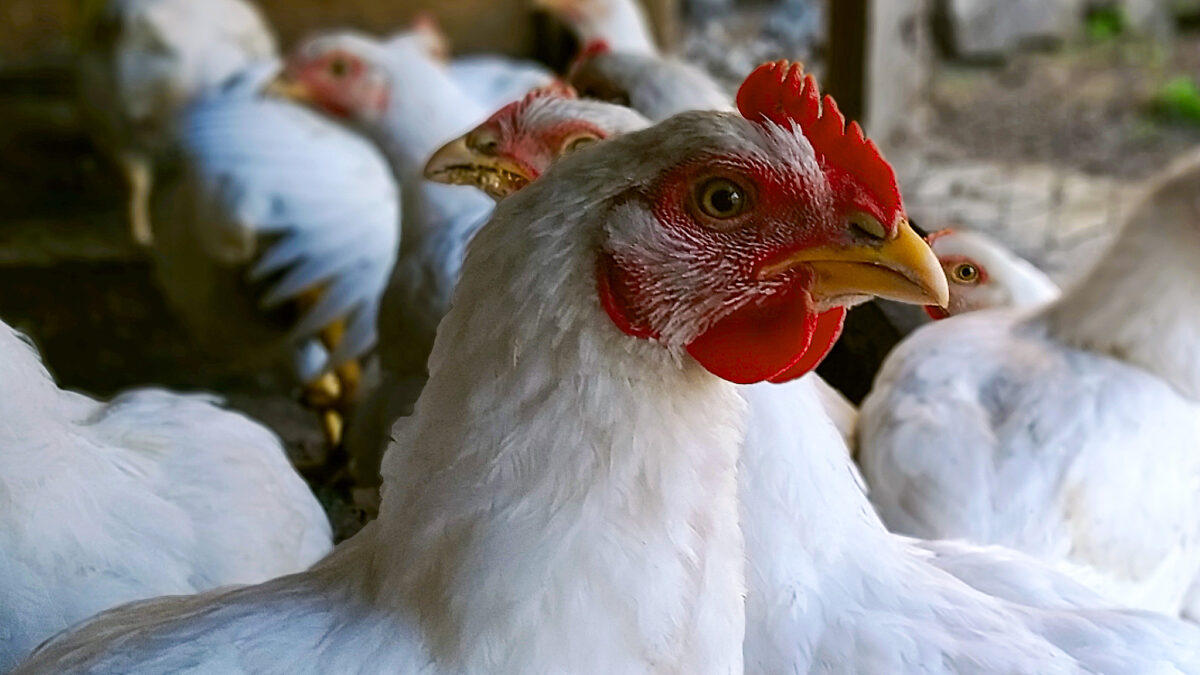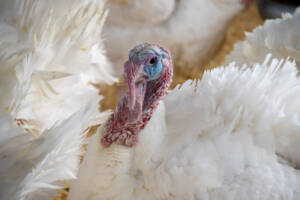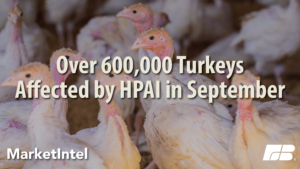Poultry Vaccination a Possibility for Combating HPAI
Bernt Nelson
Economist
Chad Smith
Associate News Service Editor, NAFB
The war on avian influenza may soon include vaccines for birds. However, as Chad Smith tells us, there are challenges to a nationwide vaccination strategy.
Smith: USDA is investing significant resources to fight Highly Pathogenic Avian Influenza, including $100 million into research and development of a vaccine. Economist Bernt Nelson with the American Farm Bureau Federation says infections are beginning to ease.
Nelson: Kind of looking at a slowdown this time of the year when we think about what's happening with our migratory birds, the migrations have slowed down. We're in nesting season, so there's a lot less bird movement, and thus we have a lot lower case load of avian influenza. That's about normal for this time of the year. We have had one major detection in the past, you know, week or two, and that was 700,000 egg layers in South Dakota.
Smith: Nelson says the ultimate goal of any vaccination against bird flu is protecting supply chains.
Nelson: So, when we think about these vaccines, more than 30 countries have now implemented some sort of a vaccine strategy since 2005. Historically, when countries have done this, this has caused some major trade issues. Importing countries have a concern. They don't want to risk an imported bird spreading the virus into the local flocks or wildlife.
Smith: Nelson says that beyond trade issues, vaccines also pose a logistical challenge.
Nelson: One of the biggest limiting factors of implementing a vaccine strategy to poultry is that the only vaccines available have to be injected at least two to three times, and with our egg laying flock sitting at about 375 million birds, that's just not feasible with the labor that's needed.
Smith: For more information, go to fb.org/marketintel. Chad Smith, Washington.
What We're Saying
Top Issues
VIEW ALL




